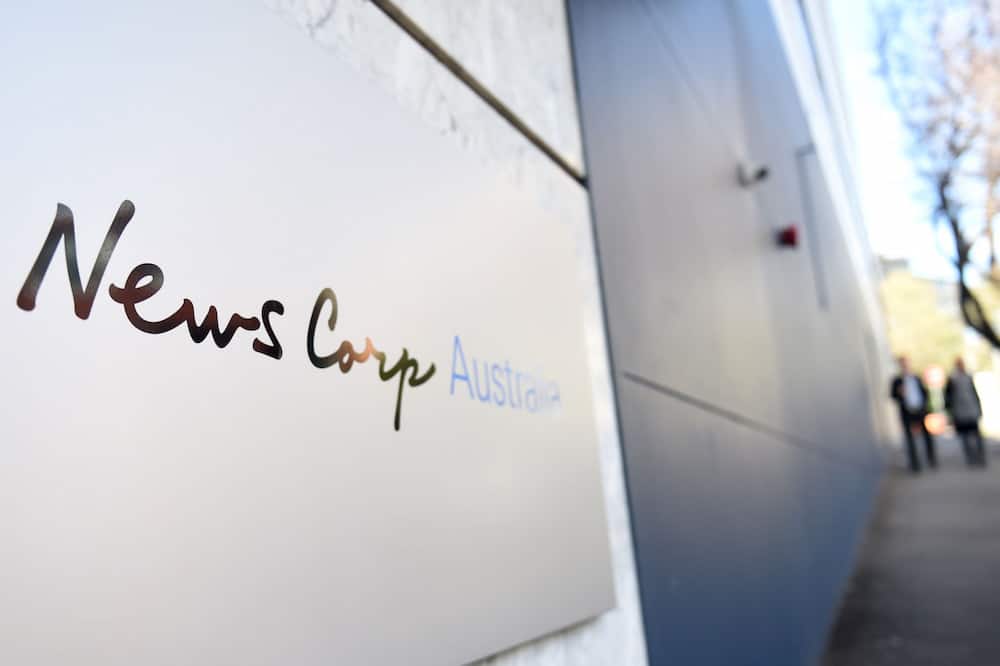News Corp’s global head has defended the editorial independence of the company’s Australian newspapers.
Robert Thomson said there was no direction from News Corp’s global management to local editors who chose to splash Australian mastheads with support for net-zero emissions.
“I read about about the initiative on the same day you did,” Mr Thomson told a media diversity inquiry on Friday.
Senators quizzed Mr Thomson about how media diversity could be secured when its mastheads around the country all declared Australia as the best-placed nation to come out ahead in a net-zero world.
Labor senator Kim Carr said there were occasions when the newspaper “fleet” acted as one with some political positions.
Senator Carr questioned how all the news editors “all came to the same decision … at exactly the same time, independently”.
Mr Thomson said coverage was localised for each region and while there are common principles underpinning News Corp, local editors had editorial independence.
Committee chair and and Greens senator Sarah Hanson-Young questioned how editorial independence was the case if “every newspaper in the country owned by News Corp carried the same 16-page wrap around in relation to climate”.
Mr Thomson said the decision was made by local editors and that media diversity needed to also account for how people accessed news, with only 20 per cent relying on newspapers.
The role of tech giants and new media platforms in defending diversity was also raised as the government continues to target social media accountability.
Senior ministers have slammed individuals who anonymously harass and disparage people online.
Mr Thomson said social media companies needed to be held accountable for what happens on their platforms and more transparency into data and algorithms which determine who is shown what content is required.
Publishers in Australia are subject to internal and external scrutiny, from editors and journalists to strict libel laws, he told the inquiry.
“There are ways to hold publishers to account and that is not yet the case for the big digital platforms,” he said.
“In a good newspaper, there is day after day, hour after hour, minute after minute discussion about the value of news (and) whether it is correct.”
Media watchdogs also act to regulate media content in Australia but there are concerns about tech giants being able to avoid the same scrutiny.
News organisations can be held accountable for comments on stories posted to social media platforms.
“If anybody operates in Australia to play a role as a content provider or to make money, they should be subject to the Australian (laws),” Mr Thomson told the inquiry.
By Dominic Giannini in Canberra
Get all the latest Canberra news, sport, entertainment, lifestyle, competitions and more delivered straight to your inbox with the Canberra Daily Daily Newsletter. Sign up here.



